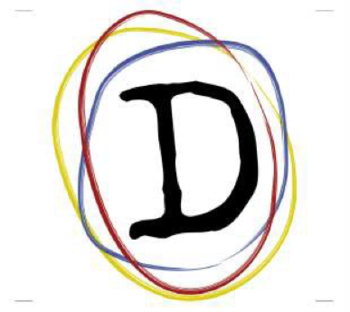DETECt – Detecting Transcultural Identity in European Popular Crime Narratives
Freie Universität Berlin, Alma Mater Studiorum – Università di Bologna, Aalborg University, Link Campus University Rome, Queen’s University Belfast, Umeå University, University of Debrecen, Université de Limoges, Aahrhus University
Deutsche Film- und Fernsehakademie Berlin, KU Leuven, Université Paris Nanterre, University of Bucharest, University of Ioannina, Bibliothèque des Littératures Policières, Misofilm, TV 2 DANMARK A/S, Visit Aarhus
Partner im Consortium und Principal Investigator an der Freien Universität: Prof. Dr. Thomas Morsch
Sprecherin: Prof. Dr. Monica Dall‘Asta, Università di Bologna
EU-Kommission, Förderlinie Horizon2020-SC6-CULT-COOP-2016-2017, Grant Agreement No. 770151
DETECt – Detecting Transcultural Identity in European Popular Crime Narratives –addresses the formation of European cultural identity as a continuing process of transformation fostered by the mobility of people, products and representations across the continent. Because of the extraordinary mobility of its products, popular culture plays a decisive role in circulating representations that constitute a shared cultural asset for large sectors of the European society.
Research at the Freie Universität Berlin focuses primarily on “Transcultural representations: Images of Europe and Europeans in contemporary European popular culture” (WP 6). This work package aims to foster awareness about the role of popular culture in shaping social perceptions of Europe and European identity, as well as to encourage the development of engaging narrative formats made to enhance the values of diversity, mobility and transcultural exchange in the constitution of European identity. In particular, Freie Universität Berlin is leading the research on “Serial narratives and the unfinished business of European identity”.
Schlagwörter
- Filmwissenschaft

